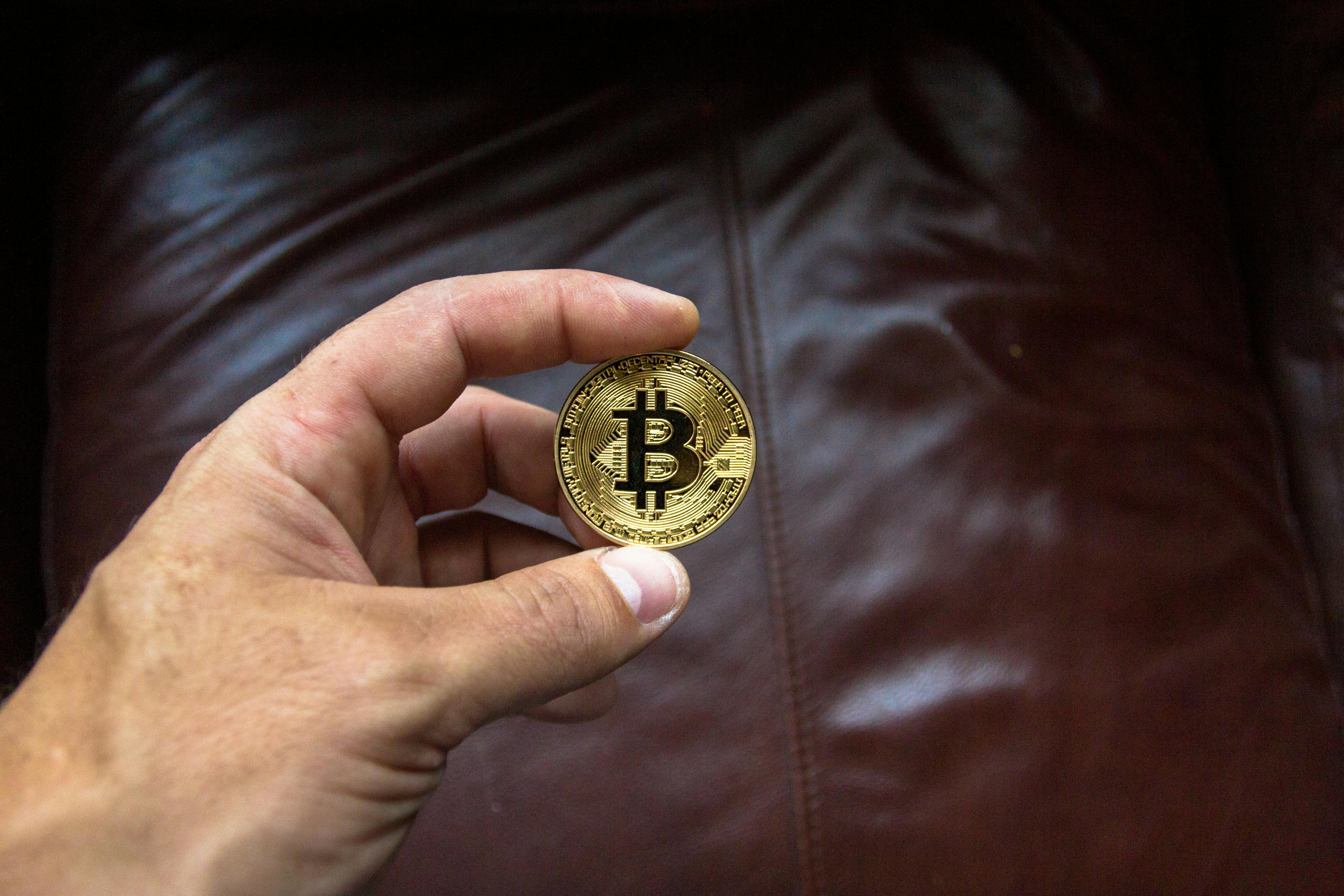Demystifying Blockchain: A Primer

In recent years, the term "blockchain" has become ubiquitous in discussions about technology, finance, and even governance. Yet, for many, the concept remains shrouded in mystery. What exactly is blockchain, and why is it generating so much excitement? Let's delve into the basics to demystify this revolutionary technology.
What is Blockchain?
At its core, blockchain is a decentralized digital ledger that records transactions across a network of computers. Each transaction is stored in a "block," which is linked to the preceding block, forming a chronological chain of transactions. This structure ensures transparency, security, and immutability of data.
Key Features
Decentralization
Unlike traditional centralized systems controlled by a single authority, blockchain operates on a decentralized network of nodes. This decentralization eliminates the need for intermediaries, such as banks or governments, thereby democratizing access to data and fostering trust among participants.
Transparency
Blockchain's transparent nature allows all network participants to view transactional data in real-time. Each transaction is verified and recorded publicly, ensuring accountability and reducing the risk of fraud or manipulation.
Security
Blockchain employs cryptographic techniques to secure transactions and maintain the integrity of the network. Once a transaction is validated and added to the blockchain, it becomes virtually immutable, making it resistant to tampering or unauthorized alterations.
Smart Contracts
Smart contracts are self-executing contracts with the terms of the agreement directly written into code. These contracts automatically enforce and execute predefined actions when certain conditions are met, eliminating the need for intermediaries and streamlining complex processes.
Use Cases
Financial Services
Blockchain technology has disrupted the financial sector by enabling faster, more secure, and cost-effective transactions. Cryptocurrencies like Bitcoin and Ethereum have gained prominence as alternative forms of digital currency, facilitating cross-border payments, remittances, and peer-to-peer transactions.
Supply Chain Management
In supply chain management, blockchain enhances transparency and traceability by tracking the movement of goods from their origin to the end consumer. This visibility helps mitigate fraud, counterfeiting, and inefficiencies while improving product quality and consumer trust.
Healthcare
Blockchain's secure and interoperable nature has the potential to revolutionize healthcare by securely managing patient records, ensuring data integrity, and facilitating seamless information sharing among healthcare providers. This streamlined approach can enhance patient care, reduce administrative costs, and safeguard sensitive medical information.
Voting Systems
Blockchain-based voting systems offer a secure and transparent way to conduct elections, eliminating concerns about fraud, tampering, or manipulation. By providing immutable records of votes, blockchain technology can enhance electoral integrity, increase voter turnout, and strengthen democratic processes.
Conclusion
Blockchain technology holds immense promise across various industries, offering unparalleled security, transparency, and efficiency. While its full potential is yet to be realized, the transformative impact of blockchain is already reshaping the way we transact, interact, and govern. As we continue to explore its applications and overcome technical challenges, blockchain is poised to revolutionize the digital landscape and usher in a new era of trust and decentralization.